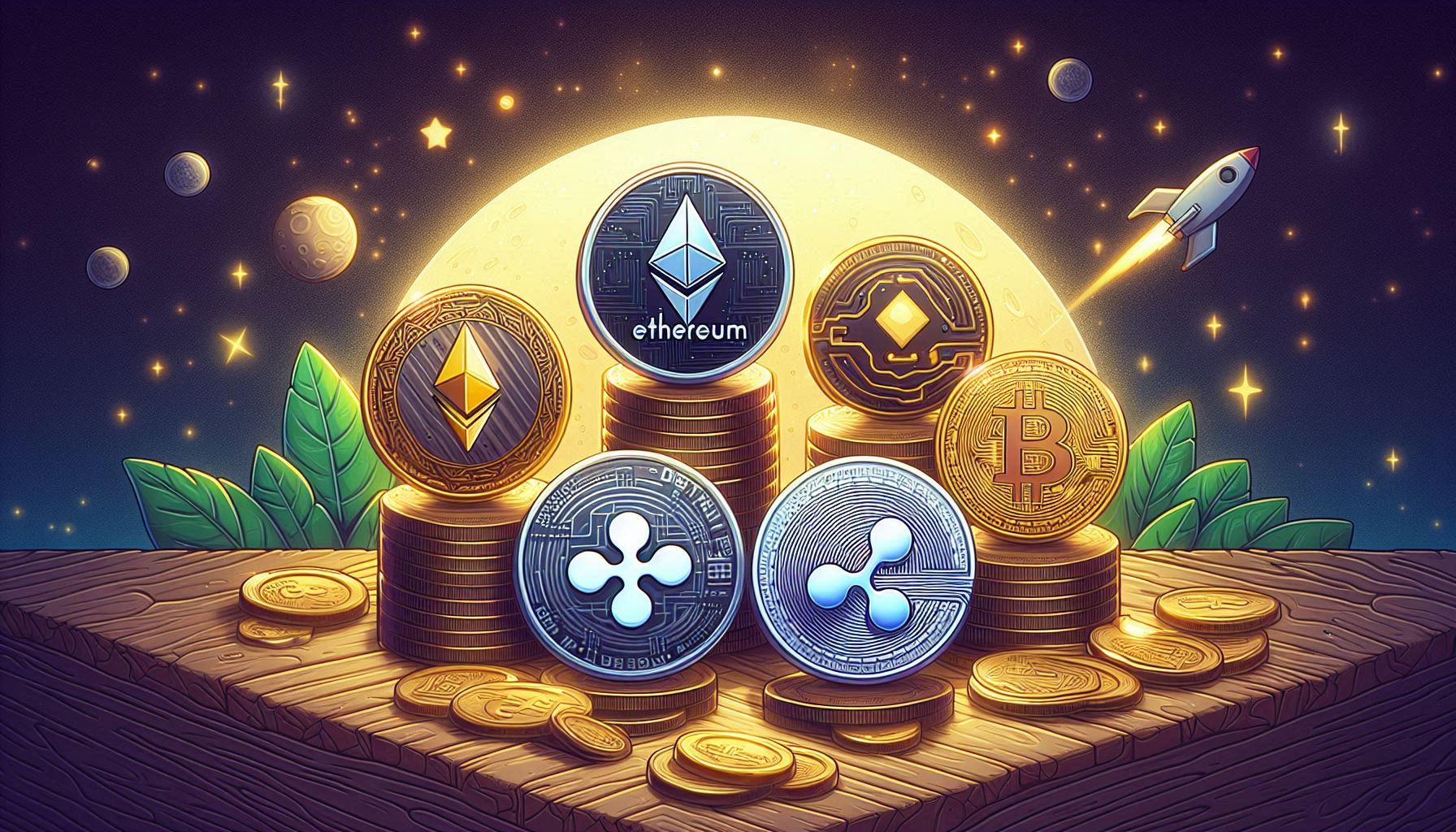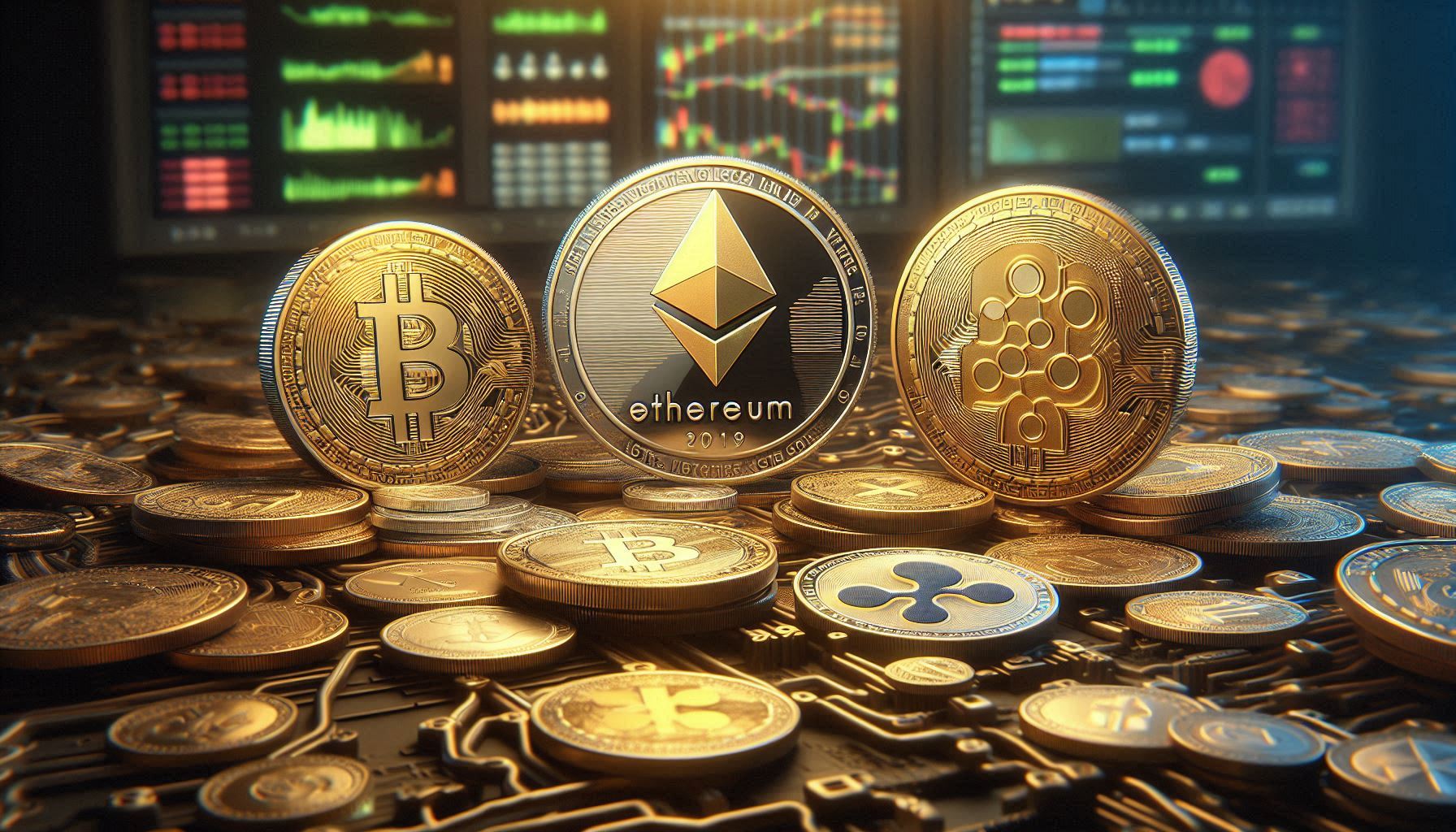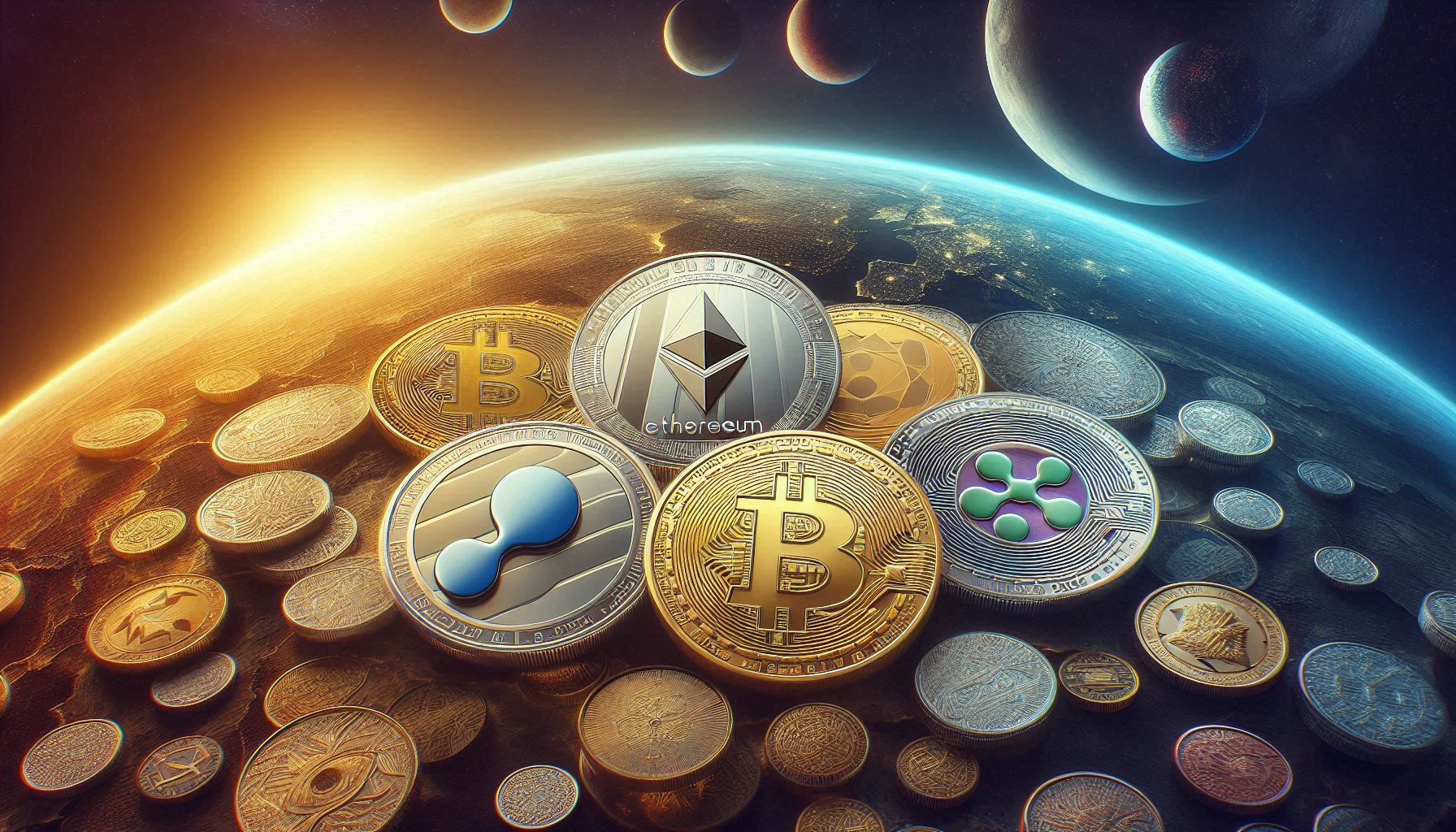What is an Altcoins (shitcoins)
Altcoin is a term used to describe any cryptocurrency other than Bitcoin—and sometimes, but not always, Ethereum as well. The word itself stands for “alternative coin”. Since Bitcoin was the first successful cryptocurrency and the standard-bearer for the entire ecosystem, every subsequent digital currency is considered an “alternative coin,” or altcoin. New coins emerged in the early 2010s, ranging from serious technological innovations to speculative meme tokens.
Why Are Some Altcoins Called “Shitcoins”?
In the cryptocurrency community, youll often hear people refer to some altcoins as “shitcoins.” This slang term arises because many altcoins are perceived to have little or no real value, utility, or future. Here’s why the term is used:

What is an Altcoins - shitcoins
-
No Unique Value: Many altcoins are simple copies of existing projects or lack meaningful new technology or use-case.
-
Speculation and Hype: Some are created quickly to jump on trends (like meme coins), without long-term vision, and are promoted mainly for short-term gains or hype.
-
Abandoned or Failed Projects: A large number of altcoins are no longer developed, have no active users, or are outright scams created to enrich their founders.
-
Market Dilution: The sheer quantity of tokens—thousands launched and abandoned—leads to skepticism about any new coin that doesnt distinguish itself.
In summary: While “altcoin” is a neutral technical term, “shitcoin” is a subjective, often negative label used in crypto circles to describe coins believed to be worthless, scammy, or lacking a serious purpose. However, its important to note that not all altcoins are shitcoins; many introduce real innovations or serve valuable roles.
How Do Altcoins Differ from Bitcoin?
While Bitcoin is designed mainly as a decentralized form of digital money or “digital gold,” most altcoins offer something different. Some focus on faster transactions, lower fees, or enhanced privacy. Others target new markets—such as smart contracts, NFTs, and DeFi—or attempt to solve perceived limitations in Bitcoin’s design.
Altcoins may have their own blockchains (like Ethereum or Solana) or exist as tokens on top of other networks (e.g., most DeFi and NFT tokens on Ethereum).

What is an Altcoins - shitcoins
Types of Altcoins
-
Platform Coins: Power smart contract networks (Ethereum, Solana, Cardano).
-
Stablecoins: Pegged to real-world assets (USDT, USDC, DAI).
-
Privacy Coins: Focus on anonymity (Monero, Zcash).
-
DeFi Tokens: Used in decentralized finance protocols (Uniswap, Aave).
-
Meme Coins: Often called “shitcoins” due to their origins in jokes or hype (Dogecoin, Shiba Inu).
-
Utility/Security Tokens: Serve as platform utilities or investment vehicles.
Advantages and Risks of Altcoins
Advantages:
-
Technological diversity and rapid innovation.
-
Opportunity for high returns (but also high risk).
-
Vital roles in new ecosystems: DeFi, NFTs, decentralized governance, etc.
Risks:
-
Many coins (especially those called “shitcoins”) are highly volatile, unsustainable, or fraud-prone.
-
Lower adoption and liquidity than Bitcoin.
-
Regulatory uncertainty and project abandonment.

What is an Altcoins - shitcoins
Notable Examples of Altcoins
-
Ethereum (ETH): Smart contracts, NFTs, and DeFi.
-
Ripple (XRP): Fast, cheap cross-border payments.
-
Litecoin (LTC): Faster transactions than Bitcoin.
-
Dogecoin (DOGE): Began as a joke, now a top meme coin.
-
Cardano (ADA), Solana (SOL): Compete as scalable blockchain platforms.
The Future of Altcoins
Thousands of altcoins have appeared, but only a fraction gain long-term adoption. The term “shitcoin” remains a reminder for investors to be wary of coins with no clear purpose, active community, or technological value. Many altcoins will disappear; a few will shape the future of the crypto industry. As always—do your own research before investing.

